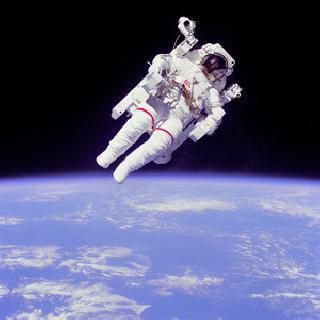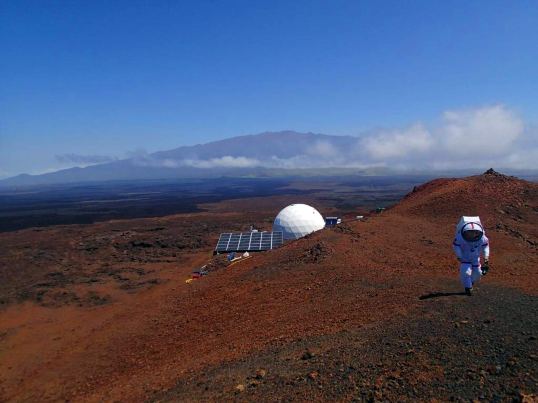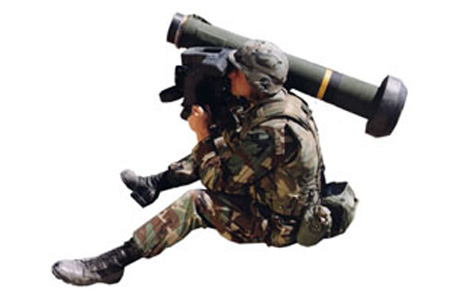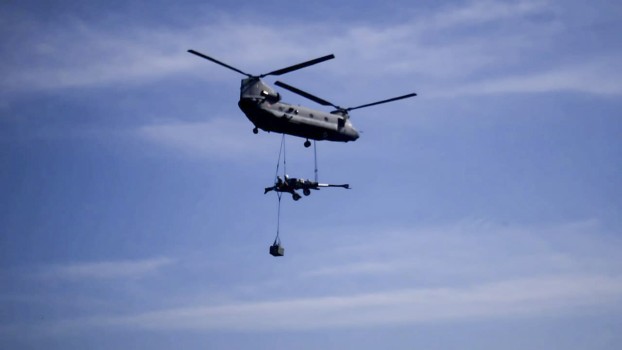
AHMEDABAD (PTI): ISRO on Tuesday said that it is working to achieve critical technologies for human space mission.
"We are working on critical technologies for human space programmes. Currently we are working on environmentally controlled chamber so that the chamber is habitable for human beings for long period," ISRO Chairman A S Kirankumar said on a question if the space organisation was working on building a capsule for the human space programme.
"We have to make sure that various oxygen level and carbon dioxide level is conducive for human being for weeks together in the capsule. The methods of controlling the environment ensuring that whether inside the capsule is comfortable for astronauts, those experiments are going on," he said.
"When capsule comes back from the space it traverse through the atmosphere and outer tiles sustain the enormous heat that is generated. So there are some heat retardant paints which can be useful. Even in case of accidental fire, so these kind of fire retardant paints will be used," he said.
The chairman said ISRO is also helping in Prime Minister Narendra Modi's ambitious Ganga Mission by providing real-time data on water quality.
"On Clean Ganga Mission we are providing some real-time information layers. Information is being collected through various satellite data and also using satellite data for monitoring quality of water is being done," he said.
The ISRO chief stressed on students learning space sciences through recently launched software FEAST.
"We want students to work in space programme through FEAST (Finite Element Software for Structure Analysis) software. This is part of the software which was developed by Vikram Sarabhai Space Centre for doing our structure development activities," he said.
"We have certain capabilities of using these software for designing structures and various mechanical parts. Now we are making it available, one version is made available free to academic institutions," he said.
He said that ISRO is planning to launch GSLV Mark-II by March next year.
He also said India's indigenous radar system to trace the debris in space has also become operational.
"We have an operation unit called multi-object tracking radar at Sriharikota. This is a fully indigenous design realised through Indian industry and it is operational now. It can simultaneously track more than 10 objects and then point five square metre object at a distance of thousand kms," he said.
Kirankumar said Mangalyaan is incommunicado for some days at present as Mars, Earth and Sun have come in one line but it will start communication in next couple of days.
"Mangalyaan is not communicating with us. So it is on silent mode as far as we are concerned and this situation is likely to be there till 18 or 19th after that just couple of days more. We start expecting it to communicate again," the ISRO chief said.
When asked about Chandrayan-2 and Aditya project (to study Sun's corona), Kirankumar said, "Chandrayan-2 will commence in 2017. While, Aaditya will be about four years from now roughly."
"We have a mission on which we are working on what is called NISAR (Nasa-ISRO Synthetic Aperture Radar) and this is scheduled for 20-21 (the year 2020-21)," Kirankumar said on ISRO's project with NASA.
"One portion of payload will be done by NASA. A part of the payload will be done at Space Application Centre... now these payloads will be integrated with the Satellite built at Bangalore then this satellite will be launched by us using GSLV," Kirankumar added.
On India's collaboration with South Korea in space research programmes, he said the deal will be mutually advantageous for both the countries.
"Many times it is not about help.. it's about mutual advantage. Currently they are engaging with us on the lunar mission data. They want some information on radius level and also some information on lunar surface," Kirankumar said.
 Previous Article
Previous Article Next Article
Next Article













The Indian Air Force, in its flight trials evaluation report submitted before the Defence Ministry l..
view articleAn insight into the Medium Multi-Role Combat Aircraft competition...
view articleSky enthusiasts can now spot the International Space Station (ISS) commanded by Indian-American astr..
view article